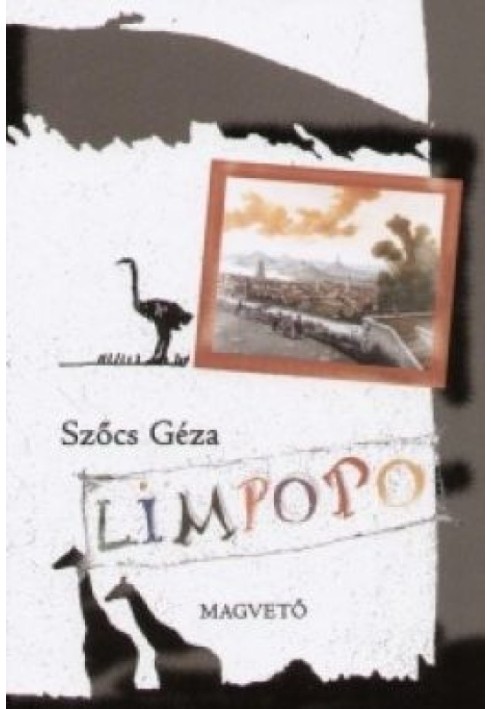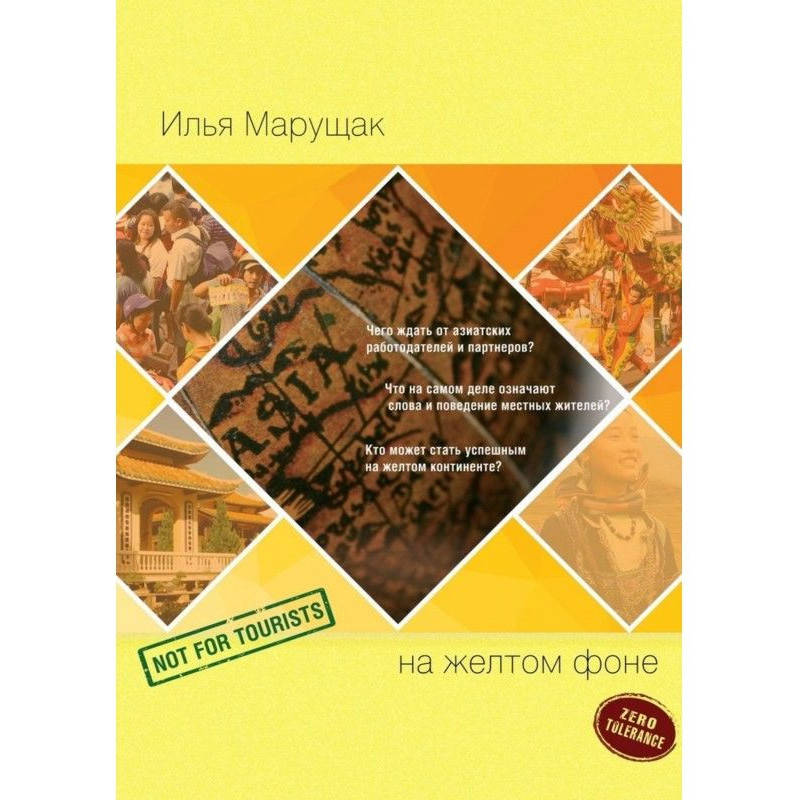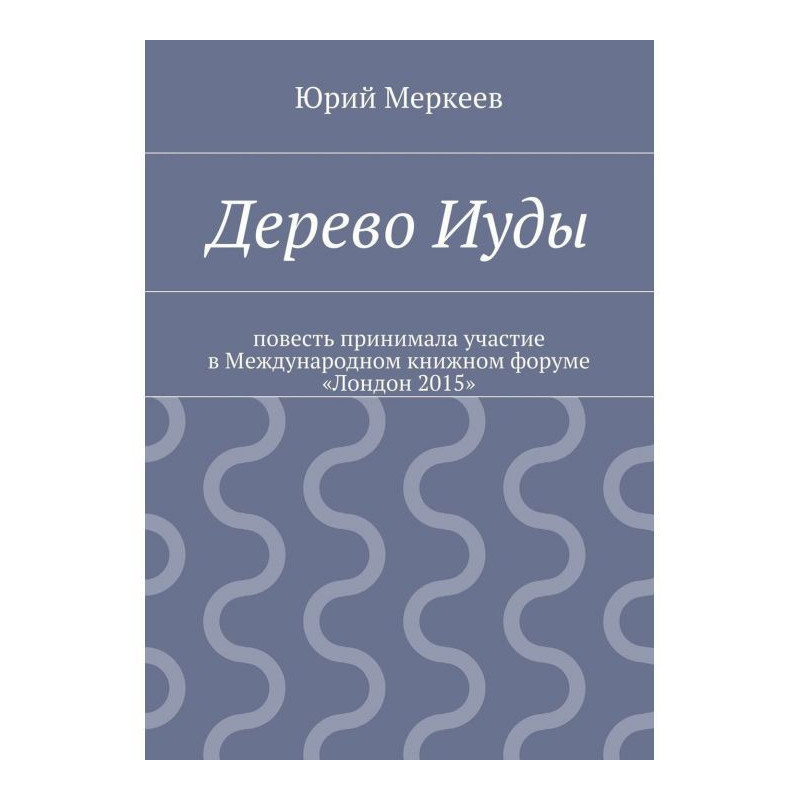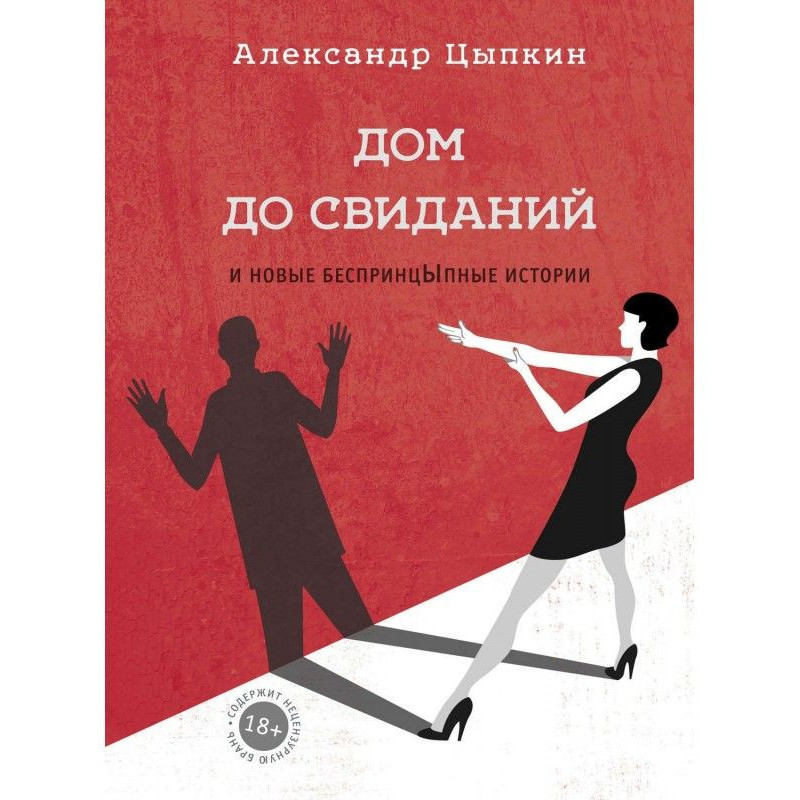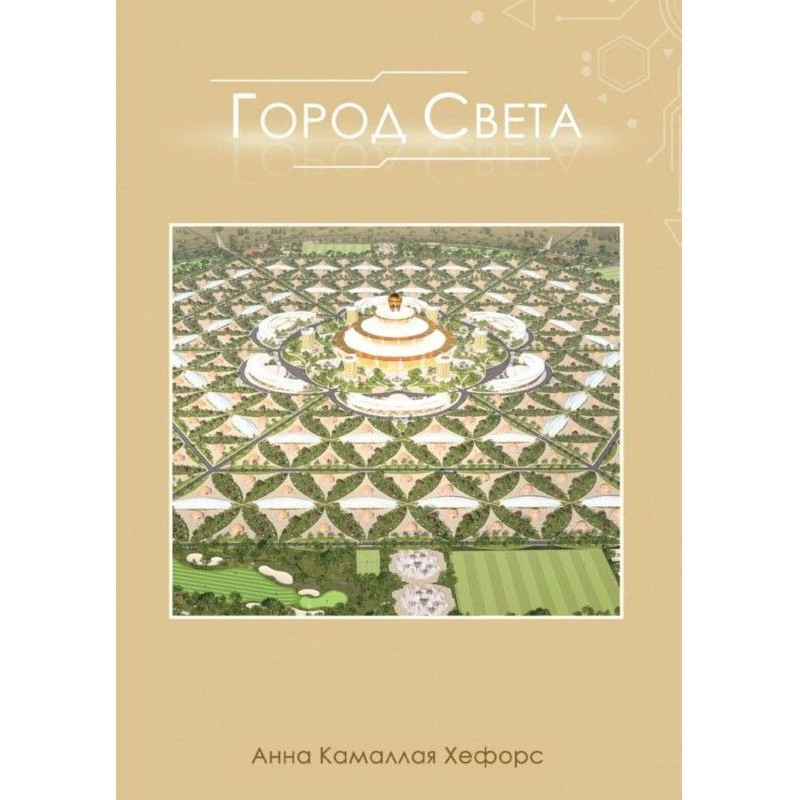Limpopo, or Diary of an Ostrich Lady
 Instant download
Instant download
after payment (24/7)
 Wide range of formats
Wide range of formats
(for all gadgets)
 Full book
Full book
(including for Apple and Android)
In the novel “Limpopo” - the diary of a young ostrich lady, translated into the language of homo sapiens and published by Geza Szöcz - we find ourselves on an ostrich farm located “somewhere in Eastern Europe”, the inhabitants of which want to understand why they are so uncomfortable in well-heated farm enclosures. Why at night do they hear the call of another homeland, another existence, another continent that promises freedom? Can an ostrich learn to fly, since nature has given it wings? And can he escape? And where? And what does flying even mean? These are familiar questions, aren’t they? I remember that George Orwell told us about such an attempt to get rid of bondage in Animal Farm. And about how it all ended. Later, a completely different story, but also “from the life of animals,” was told to us by the American Richard Bach in his philosophical and metaphysical parable “The Seagull Named Jonathan Livingston.” And our contemporary Victor Pelevin, in his early story “The Recluse and the Six-Fingered,” parodying “Jonathan,” composed a story about the escape of two broiler chickens from the Lunacharsky poultry plant, who, by the way, are also puzzling over a mysterious phenomenon called flight. This is not parody. alien in its full of grotesquerie, language play and inimitable humor to the fairy tale is Geza Söch, who deliberately mixes old-fashioned writing techniques (here is a found manuscript, and a mediating narrator, and linear development of the plot, and even a positive hero, or rather, a heroine) with ironically rethought ones attributes of postmodernist writing - numerous digressions, comments and citations of ideas and texts, borrowed and their own, poetic, philosophical and social.
Data sheet
- Name of the Author
- Геза Сёч
- Language
- Russian
- Translator
- Вячеслав Тимофеевич Середа
Reviews
Чарівна і глибока історія про пошуки свободи
Роман «Лімпопо, або Щоденник панночки-страусихи» — це неймовірна подорож у світ, де тварини стають носіями глибоких філософських ідей. Гезя Сьоч майстерно переплітає гумор із серйозними питаннями про свободу, ідентичність та сенс життя. Страусиха, яка намагається зрозуміти своє місце у світі, стає символом усіх тих, хто прагне вирватися з обмежень і знайти своє справжнє «я». Книга наповнена цікавими відступами, коментарями та цитатами, які роблять її ще більш захопливою і багатогранною. Я вважаю, що це не просто книга про страусів — це алегорія на сучасне життя, яка змушує задуматися про власні мрії та прагнення. Рекомендую всім, хто цінує літературу, що спонукає до роздумів і залишає після себе глибокий слід у душі!

